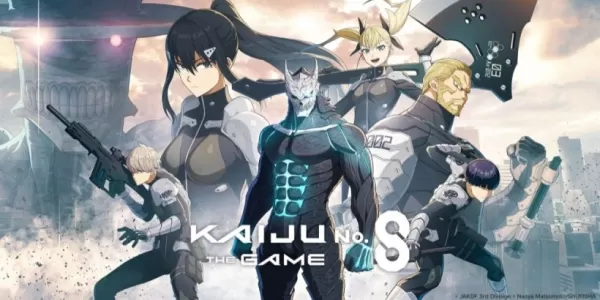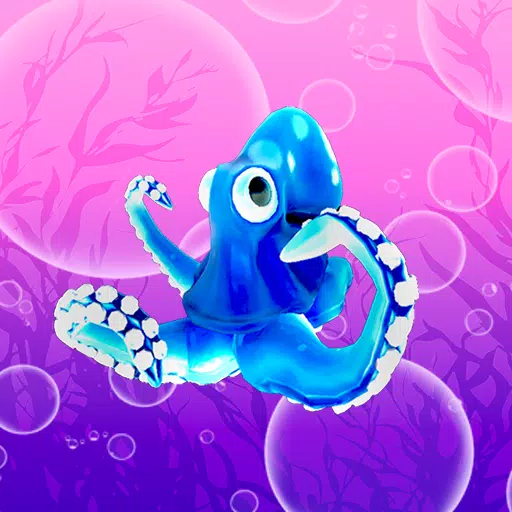Nintendo's aggressive stance against emulation and piracy is well-documented. Recent legal actions highlight this, including the $2.4 million settlement with Yuzu emulator developers in March 2024, the cessation of Ryujinx development in October 2024 following Nintendo's intervention, and the legal advice preventing a full Steam release for the Dolphin emulator in 2023. The infamous case of Gary Bowser, who was ordered to pay $14.5 million for reselling devices that bypassed Nintendo Switch anti-piracy measures, further underscores this commitment.
A recent presentation at Tokyo eSports Festa 2025 by Nintendo's patent attorney, Koji Nishiura, shed light on the company's legal strategy. Nishiura clarified that while emulators aren't inherently illegal, their use can become illegal depending on how they function. Specifically, emulators that copy game programs or disable console security measures may infringe on copyright laws. This is largely based on Japan's Unfair Competition Prevention Act (UCPA), which limits Nintendo's extraterritorial reach.
The presentation used the Nintendo DS "R4" card as a prime example. This device allowed users to bypass security and run pirated games. Following a lawsuit involving Nintendo and 50 other software companies, the R4 was effectively outlawed in Japan in 2009.
Nishiura also highlighted the illegality of "reach apps"—third-party tools that facilitate pirated software downloads within emulators. Examples include the 3DS's "Freeshop" and the Switch's "Tinfoil." These tools, he argued, also violate copyright laws.
Nintendo's lawsuit against Yuzu cited one million pirated copies of The Legend of Zelda: Tears of the Kingdom, alleging that Yuzu's Patreon generated $30,000 monthly through features facilitating access to pirated games. This case exemplifies Nintendo's focus on targeting not just emulator developers but also revenue streams derived from facilitating piracy.















